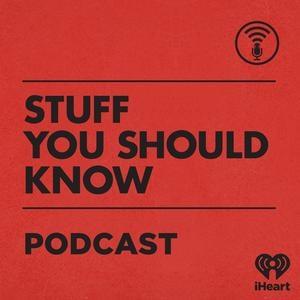
In this episode of Ologies, host Alie Ward explores the fascinating world of indigenous melittology with Krystle Hickman, a photographer, educator, and conservationist. They discuss the importance of native bees, their habitats, and the challenges they face in today’s world. Hickman recently launched a deck of flashcards all about native bees, which is available for purchase.
In this episode of Ologies, Alie Ward explores indigenous melittology, the study of native bees. Despite native bees being present in the US for centuries, none of them are declared as state insects, unlike the European honeybee. Krystle Hickman, a photographer, educator, and conservationist, is an advocate for native bees and their habitats. She recently launched a deck of flashcards all about native bees, covering various topics such as beehotels, monocultures, and the tiniest livestock.
Krystle Hickman, a native melittologist, shares her journey from leaving her office job to pursuing her passions for insects, photography, and art. Starting with drawing portraits of actors from the TV show “Skins,” Hickman gained recognition for her artistry and was hired to work on the show. Her artwork often features strong messages, and she has gained acclaim in the art world, including a viral time-lapse video of her ballpoint pen portrait of the Black Panther character Challa.
Hickman emphasizes the importance of native plants for pollinators and critter habitats. While campaigns to save honey bees often overlook the larger issue of monocultures and habitat loss for all creatures, including native bees, some farms in California are taking positive steps by farming alongside native ecosystems, encouraging the presence of native bees, birds, and butterflies.
Indigenous melittology sheds light on the fascinating world of native bees and their importance in ecosystems. Krystle Hickman’s advocacy and artwork contribute to raising awareness about native bees and their habitats. By supporting initiatives such as Hickman’s deck of flashcards and promoting the planting of native plants, individuals can play a role in preserving these vital pollinators and their ecosystems.